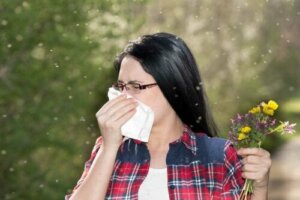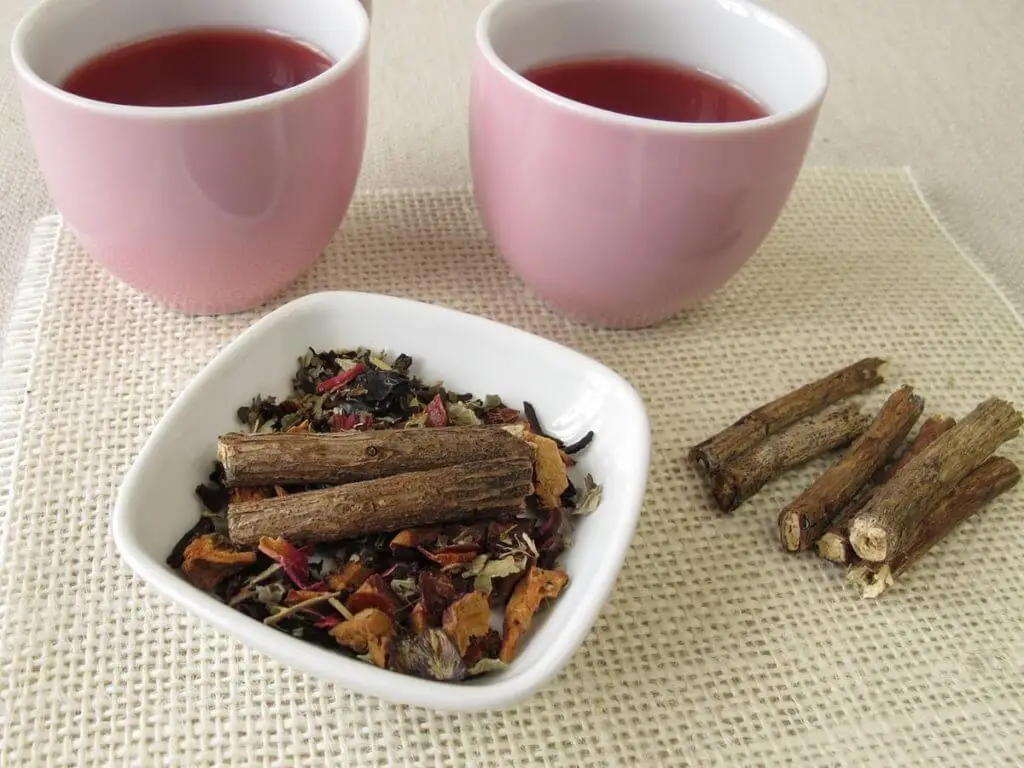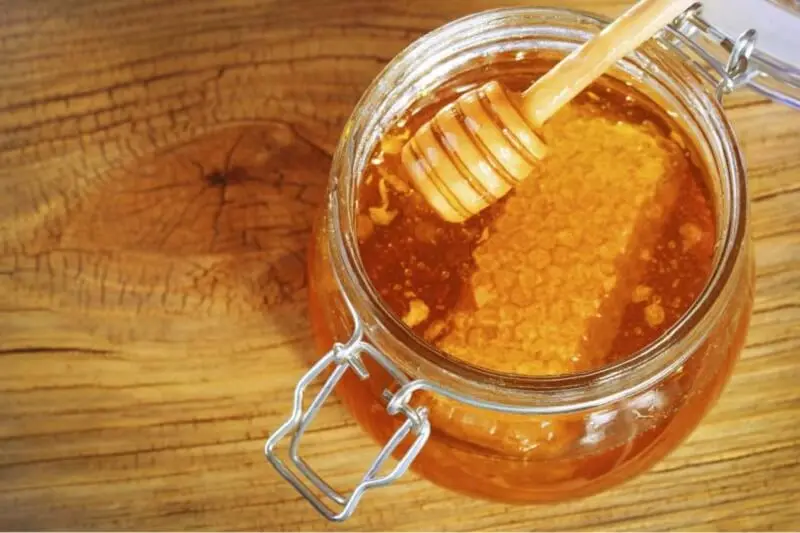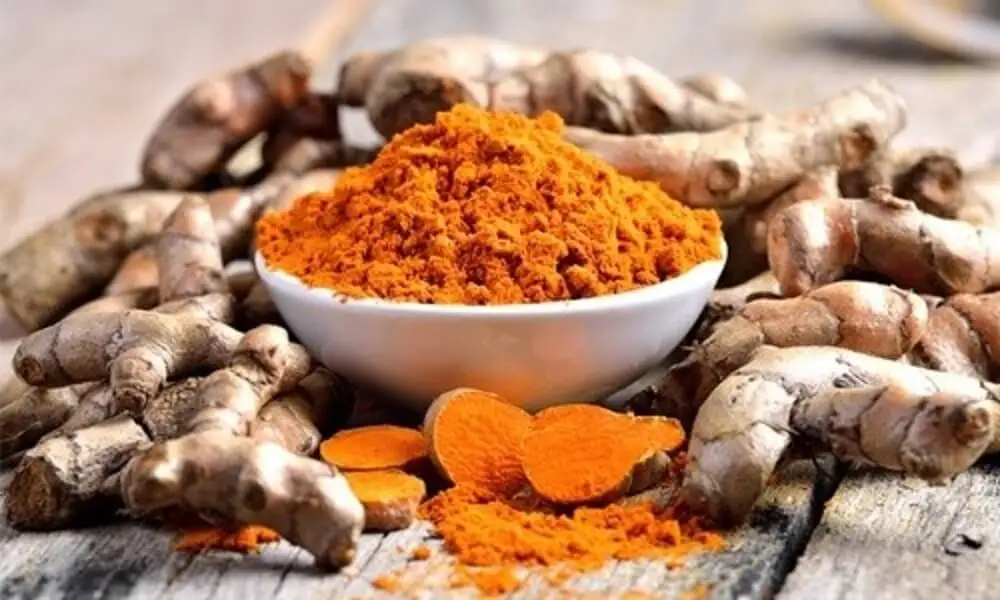5 Curative Remedies for Allergic Rhinitis

Allergic rhinitis, or hay fever, is an inflammatory disease of the nasal mucosa suffered by about 15-20% of people. It’s caused by an allergic reaction to elements such as pollen, animal hair, dust mites, among others. Find out some remedies for allergic rhinitis in this article.
Its symptoms may be mild and sporadic, but many people suffer from it on a regular basis. However, in addition to resorting to drugs to treat it, it can also be relieved with some natural ingredients. Here are some options.
Common symptoms of allergic rhinitis
The clinical manifestations of allergic rhinitis are similar to those of other respiratory problems. However, they are usually triggered after contact with an irritant or allergen. Symptoms include:
- Repeated sneezing
- Coughing
- Watery mucus
- Itchy nose
- Constant tearing
- Eye congestion
- Itchy eyes
In addition, some people may also suffer from:
- Headaches
- Insomnia
- Lack of appetite
- Irritability
- Depression
If you want to find out more then take a look at: 4 Natural Remedies To Fight Against Rhinitis
Diagnosis and remedies for allergic rhinitis
For an accurate diagnosis of allergic rhinitis, it’s essential to see a doctor. It’s sometimes detected in childhood, but many cases are identified after several years of monitoring the symptoms.
The professional takes into account the patient’s medical history and some pertinent tests. Once the condition is confirmed, antihistamines are usually prescribed to control it. They’ll also suggest avoiding contact with allergens whenever possible.
As a complement to this, you can take into account some preparations of natural origin that, due to their properties, help to cope with the symptoms.
1. Licorice

Licorice root is highly indicated in the natural treatment of allergies, thanks to its anti-inflammatory activity that is similar to that of glucocorticoids. In addition to reducing inflammation, it also fights coughs and helps us to expectorate.
We can take it in an infusion, extract, tablets, or directly by sucking the root to extract its juice. People with hypertension and those taking medication should consult their doctor before taking it.
2. Nettle
Nettle is a highly depurative medicinal plant that grows wild, and it too can help to block the effects of histamine in people allergic to pollen. It also helps to slow down and clear mucus production and coughing fits.
It can be taken as an infusion or extract. Although it isn’t a toxic plant, it should be avoided in case of kidney disease and hypertension.
3. Honey and pollen

Honey contains pollen in small quantities, so by consuming it regularly, the body is exposed to reduced doses of the allergen, thus getting used to it. This allows us to reduce the allergic reaction to pollen in the environment.
In addition, we can also try to consume bee pollen, taking the first day a granule and adding one more granule every day, until reaching the approximate measure of a teaspoon. If you notice any kind of reaction, then stop consuming it immediately.
Read more about honey here: Honey for Colds
4. Green tea
Green tea has numerous health properties and a low theine content, so we can take it regularly. In the case of allergic rhinitis, green tea has compounds that help block the production of histamine, which reduces and relieves the reaction of the allergy.
We can take two or three cups of green tea daily, or take it in extract or tablets. It’s not recommended for people with hypertension or iron deficiency anemia.
5. Turmeric

We can use it by adding less than a teaspoon daily to soups, stews, creams, sautées, among other recipes. As it doesn’t have a very strong flavor, we can also include it in smoothies and desserts.
To keep in mind…
In addition to consuming the above remedies, it’s essential to avoid foods that may affect the onset of allergy symptoms. The list includes the following.
- Raw, canned, and semi-canned fish
- Seafood
- Cured cheese, especially the part of the rind
- Cured and smoked fish and meats
- Cold meats
- Legumes (especially chickpeas and soya and its derivatives)
Are you suffering from this problem? Try some of the above remedies and minimize those annoying symptoms.
All cited sources were thoroughly reviewed by our team to ensure their quality, reliability, currency, and validity. The bibliography of this article was considered reliable and of academic or scientific accuracy.
- Rinitis (fiebre del heno). (Dakota del Norte). Obtenido de
aaaai.org/conditions-and-treatments/allergies/rhinitis.aspx - Arteche A, Vanaclocha B, Güenechea JI. Fitoterapia (3ª edición). Vademécum de prescripción. Plantas medicinales. Barcelona: Masson, 1998.
- Krup, V., Prakash L, H., y Harini, A. (2013, 12 de septiembre). Actividades farmacológicas de la cúrcuma (curcuma longa linn): Una revisión. Journal of Homeopathic Ayurveda Medicine, 2
org/journals/pharmacological-activities-of-turmeric-curcuma-longa-linn-a-review-2167-1206.1000133.php?aid=18775
This text is provided for informational purposes only and does not replace consultation with a professional. If in doubt, consult your specialist.








